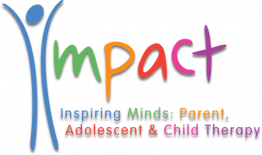
Child psychotherapy training is NHS based (CAMHS) and lasts for six years, including two years’ pre-clinical infant/child observation training. All child psychotherapists are trained to either Masters degree or Doctoral level which ensures that they have an exceptionally high level of understanding both in child development and mental health.
Child psychotherapy is recognised by the Department of Health as a component of comprehensive CAMHS in the Children’s National Service Framework (2005). Child psychotherapists are full members of the Association of Child and Adolescent Psychotherapists (ACP). The ACP is registered with the Professional Standards Authority (PSA). The PSA is an independent statutory body, accountable to Parliament.

We Don't Just Work With The Child
We work with the network around the child to bring about lasting change.
We offer work with parents/carers, either together with their children, individually or as parental couples. We also offer an informed framework of thinking, plus training, to support a wide range of professionals who work with children, young people and families to foster a deeper understanding of the child’s perspective.
We can work with the full range of presenting difficulties
Child Psychotherapists are trained to treat a wide range of difficulties from mild to severe. Examples may include:
- co-morbid presentations where there may be a background of early attachment difficulties, developmental trauma and parental mental health difficulties
- depression, suicidal thoughts and deliberate self-harm
- deep-seated anxiety states
- bereavement issues
- trauma and post-traumatic stress
- impact of deprivation and abuse
- entrenched separation and attachment difficulties
- eating disorders e.g. anorexia and bulimia
- conduct disorders
- mutism
- gender confusion
- emotional aspects of learning and physical disabilities
- emotional aspects of diagnosed autism (ASD) or attention-deficit hyperactivity disorder (ADHD).
